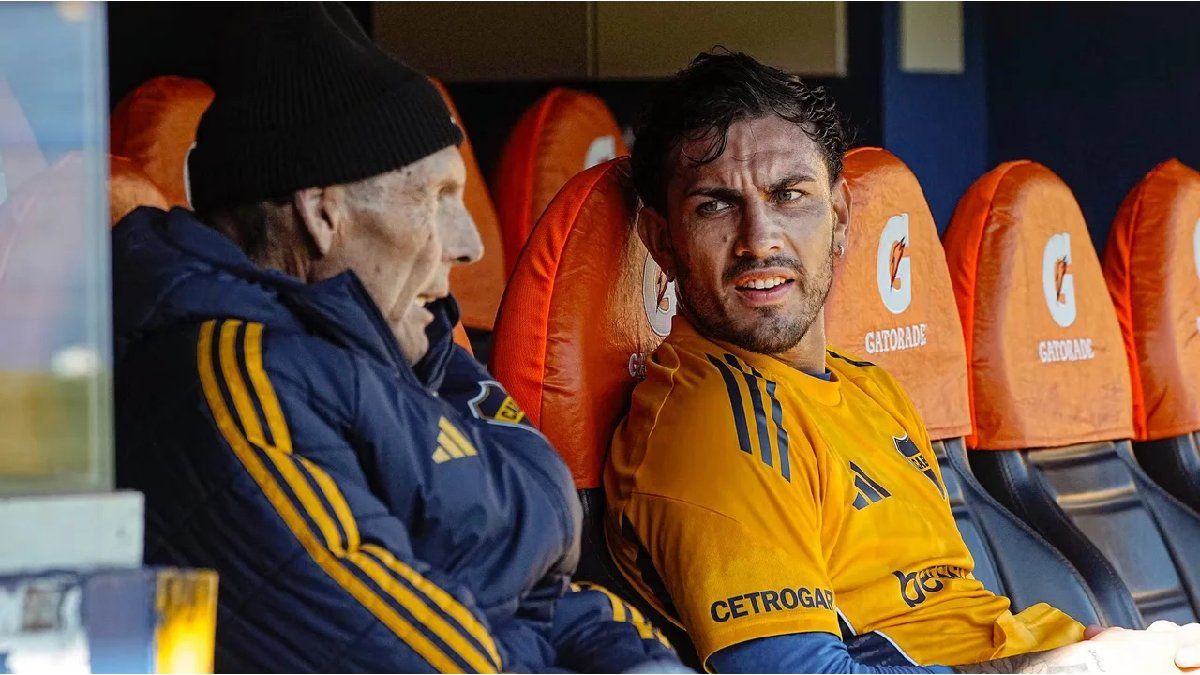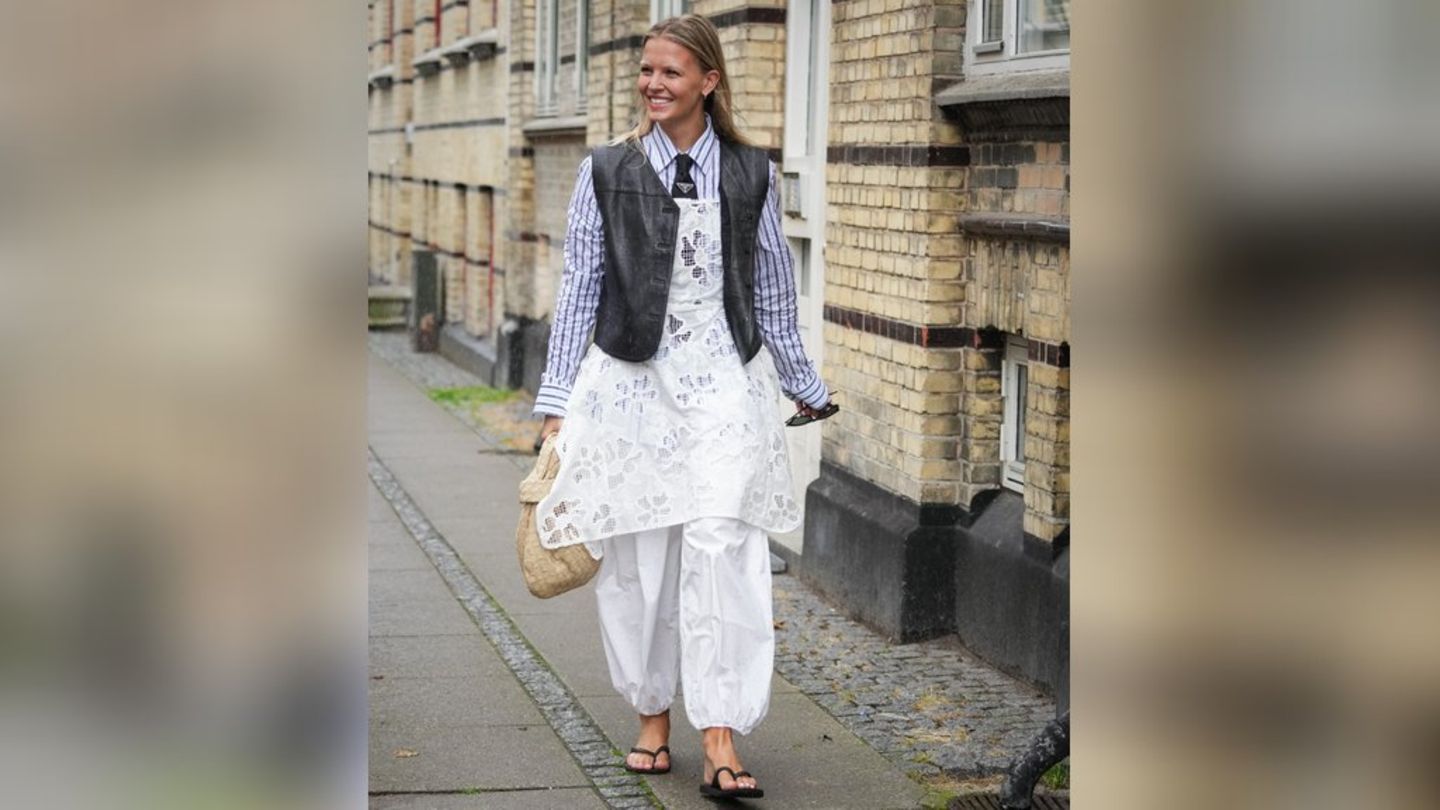Macron traveled to the city of Denain (north), where Le Pen won in the first round, after warning on Sunday night that “nothing is decided” and that the next two weeks will be “decisive” for France and Europe.
“Here I was third [en la primera vuelta] and I came to meet our compatriots to listen, to convince,” said the president, whom his fellow citizens questioned about issues such as education and pensions.
The candidate of The Republic on the Move (LREM) won his ticket for the second round with 27.6% of the votes, better than the polls estimated, followed by his rival from the National Group (RN, 23.41%).
France prepares to revive the same duel as in 2017, when Emmanuel Macron won the ballot with 66.1% of the vote. According to the latest polls, his advantage over Marine Le Pen would now be reduced to between 2 and 10 points.
“It’s a completely different second leg,” however, political scientist Brice Teinturier told AFP.
In his opinion, the outgoing president “is no longer the new candidate who embodies a form of freshness” as in 2017 and his rival no longer generates “much rejection”, having worked on his image and being “more in contact with the French” .
France is not the same either. His first term in office was marked by social protests against his policy towards the popular classes, a pandemic that confined millions of people and, now, by the effects of the war in Ukraine.
The Russian offensive in Ukraine overshadowed the campaign in the first round, but its consequences on energy prices boosted inflation and reinforced the main concern of the French: the loss of purchasing power.
Bolstered by his image as a stable president in times of crisis, the 44-year-old LREM candidate seeks to frame the debate on the impact that Marine Le Pen’s arrival in power would have on international alliances.
The 53-year-old RN candidate proposes leaving the integrated command of the NATOwhich sets the Alliance’s military strategy, and his election would deal another setback to the European Union (EU) after the recent re-election of Hungarian Viktor Orban.
Macron, whose country holds the six-month presidency of the EU, thus rejected a “possible France that outside of Europe only has the international populists and xenophobes as allies.”
The liberal seeks to resuscitate the image of a radical that the far-right blurred during her campaign in the first round, when she put aside her proposals on migration and presented herself as the defender of purchasing power and of the popular classes.
“What will be at stake on April 24 will be a choice of society and civilization,” said Marine Le Pen on Sunday night, for whom France needs “a great alternation.”
The far-right candidate defended her vision of “gathering the French around social justice and protection, guaranteed by a fraternal framework around the ancient idea of a nation”, which opposed “the division, injustice and disorder imposed by Macron for the benefit of a few”.
The tenant of the Elysee appears more likely to recover a greater number of votes from voters, after most of his defeated rivals called to vote for him or to prevent the extreme right from coming to power.
“Not a single vote should be given to Le Pen!” Urged the leftist Jean-Luc Mélenchonthird candidate with the most votes (21.95%), without explicitly calling for a vote for the president.
But the scope of these calls is uncertain, given the divisive personality among left-wing voters of the president, who if re-elected seeks to resume his proposal to delay the retirement age from 62 to 65 years.
Underscoring this unpopular reform and the recent controversy over the government’s hiring of private consultants, Le Pen’s party is also seeking to seize voters from the leftist fishing ground.
On paper, the heiress of the National Front has 7% of the voters of the extreme right of Eric Zemmourwho called to vote for her, and the 2% of the radical right, Nicolas Dupont-Aignan.
Source: Ambito
David William is a talented author who has made a name for himself in the world of writing. He is a professional author who writes on a wide range of topics, from general interest to opinion news. David is currently working as a writer at 24 hours worlds where he brings his unique perspective and in-depth research to his articles, making them both informative and engaging.




